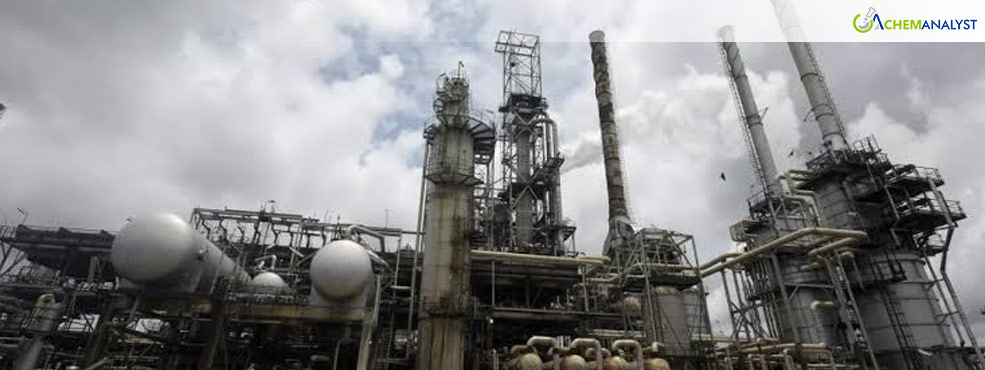Welcome To ChemAnalyst

Nigeria announced on Monday that it has resumed partial operations at its Warri oil refinery after nearly a decade of closures. This marks a significant step in the country's efforts to revive its ailing refinery sector, which has been plagued by years of neglect, mismanagement, and technical issues. The Warri refinery, which is one of several state-owned refineries that have faced prolonged shutdowns, is part of a broader struggle for Africa's largest crude exporter, which has been forced to import most of its fuel despite abundant domestic oil reserves.
The government has made repeated promises to restore its refineries, which have been idle for years due to disrepair, lack of investment, and inadequate supply of crude oil. On Monday, Mele Kyari, the head of the Nigerian National Petroleum Corporation (NNPC), confirmed that some operations had resumed at the Warri refinery but noted that full restoration is still underway. “This plant is running, but we have not completed 100%,” Kyari stated during a tour of the facility, which included government officials, regulatory bodies, and journalists.
The Warri refinery, with a capacity of 125,000 barrels per day (bpd), had been shut down in 2015 due to damage and a lack of crude oil supply. At present, the refinery is operating at about 60% of its capacity, as confirmed in a statement from presidential spokesperson Bayo Onanuga. The plant’s closure, along with the extended shutdowns of other refineries, has contributed to Nigeria’s reliance on fuel imports, adding to the country’s economic challenges.
The Nigerian government owns four refineries, including the Warri facility, which have a combined capacity of 445,000 bpd. In addition to Warri, the Kaduna refinery (with a capacity of 110,000 bpd) and other plants in the Niger Delta region have also been closed for years. However, last month, NNPC announced the partial revival of the Port Harcourt refinery, which has a capacity of 60,000 bpd, marking another step forward in the government’s efforts to revitalize the country’s refining sector. The government had hoped to restart all four state-owned refineries by the end of this year.
In addition to state efforts, the private sector has also made progress. The 650,000 bpd Dangote oil refinery, owned by Nigerian billionaire Aliko Dangote, began operations earlier this year in Lagos. This refinery, one of the largest in the world, is expected to play a crucial role in reducing Nigeria’s dependence on imported refined products and improving the country’s energy security.
While the revival of the Warri and Port Harcourt refineries offers some hope, Nigeria continues to face significant challenges in rebuilding its refinery infrastructure. Despite the efforts to restore operations, years of mismanagement and lack of funding have hindered the development of the country’s refining capacity. However, the reopening of these key facilities, coupled with private-sector initiatives like the Dangote refinery, signals progress toward reducing Nigeria's fuel import dependency and boosting the nation’s energy security in the long term.
We use cookies to deliver the best possible experience on our website. To learn more, visit our Privacy Policy. By continuing to use this site or by closing this box, you consent to our use of cookies. More info.
